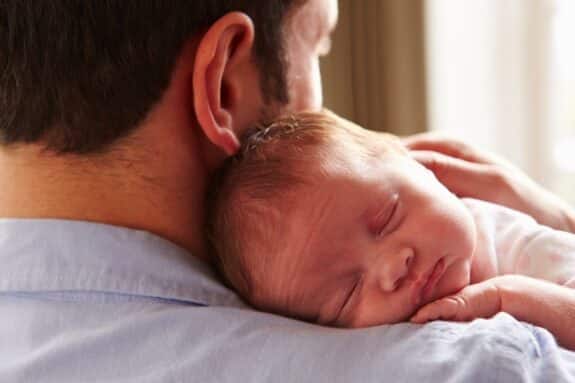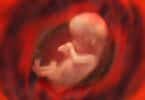Most parents have heard the phrase “cry it out.” Perhaps it came from a neighbor, friend, or co-worker after the parent expressed just how tired they were from the sleepless nights with a fussy newborn. Maybe a family member said it after noticing that the baby cries whenever they are put down in their crib. Regardless of the source, these words are slowly becoming a thing of the past – and not just because they’re wrong, but because we are starting to learn that touch is necessary for humans, and especially developing infants.
Consider the infants that died in orphanages from failure to thrive, back when they had such deplorable conditions and so little staff that the children were rarely ever held. Experts say much of it was related to the lack of human contact and affection. But what about in less extreme cases, such as letting an infant “cry it out?” Could that be detrimental to an infant’s health as well? Experts say they believe so, and they think they have the evidence to prove it.
In a study conducted by the University of British Columbia and BC Children’s Hospital Research Institute, researchers found molecular changes to the DNA of infants who had been held less frequently than their same-aged peers. More specifically, they had a slower epigenetic age when compared to their peers. Though the impact of this is not yet fully understood, there is a reason to believe that the long-term consequences could be serious.
“In children, we think slower epigenetic aging might indicate an inability to thrive,” said Michael Kobor, a Professor in the UBC Department of Medical Genetics who leads the “Healthy Starts” theme at BC Children’s Hospital Research Institute.
Yet, even when it does not cause a condition as extreme as failure to thrive, experts say the lack of contact could be problematic. In fact, researchers believe that these infants could be at risk for decreased immunity and metabolism issues. Genetic material related to these issues were found to be altered in infants who were held the least during their 4½-year study. Now they plan to do more research to see if their hypothesis holds true.
“We plan on following up to see whether the ‘biological immaturity’ we saw in these children carries broad implications for their health, especially their psychological development,” says lead author Sarah Moore, a postdoctoral fellow. “If further research confirms this initial finding, it will underscore the importance of providing physical contact, especially for distressed infants.”
So, the next time your mother-in-law, sister, cousin, or nosy neighbor tries to tell you that you’re spoiling your baby, just sweetly smile and say, “Thanks.”







